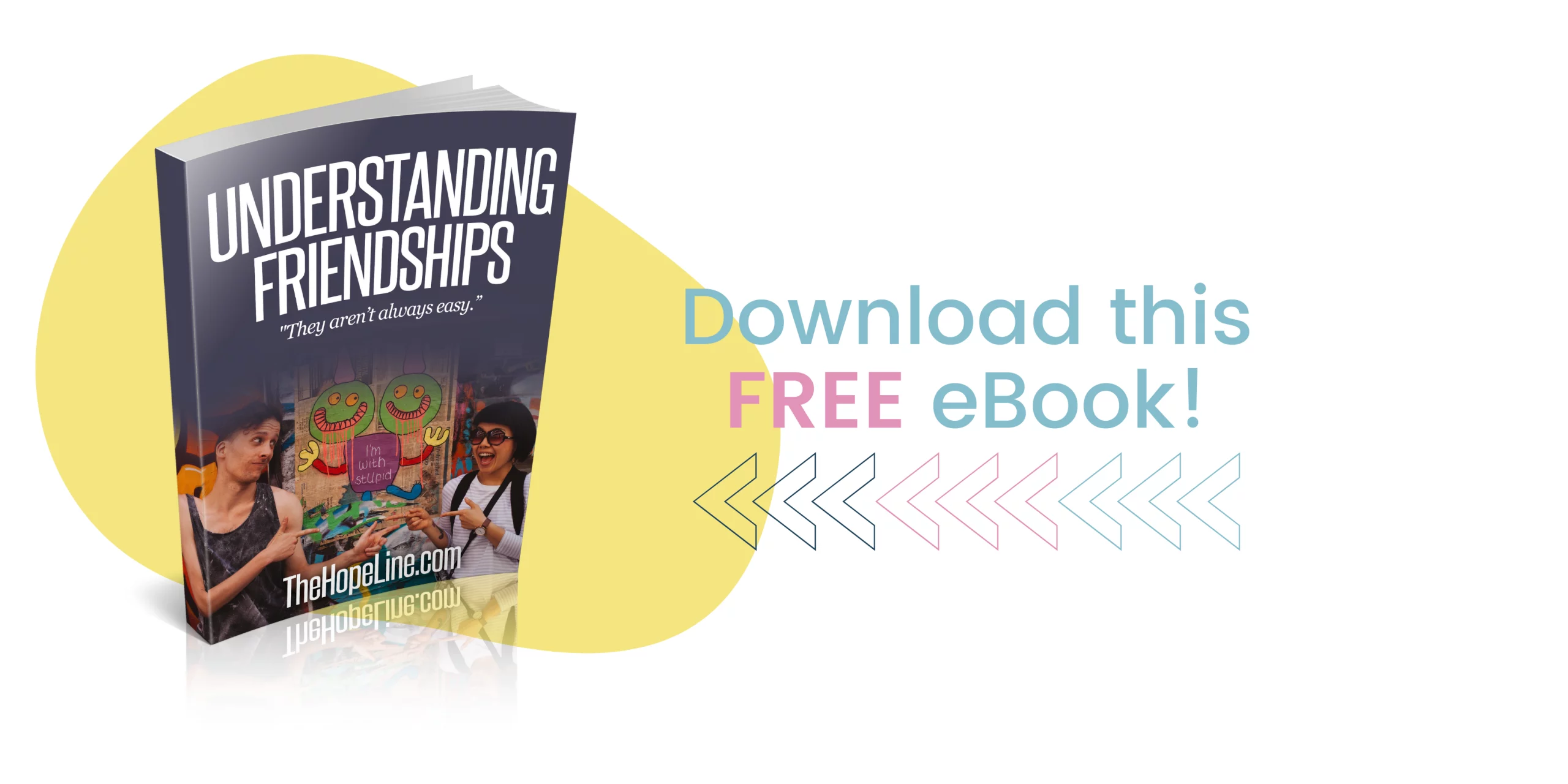Do you ever feel like things aren’t what they used to be in a friendship? Even with close friends, I can sometimes feel exasperated or tired after we talk or spend time together, and I can’t put my finger on why.
In those moments, I realize I haven’t been setting healthy boundaries. Something has gotten out of balance.
If you feel like:
- You’re the one doing a lot of “heavy lifting” in the friendship
- There isn’t as much give-and-take as there used to be
- You can’t seem to get a word in during a conversation
- You can’t remember the last time you had time to yourself
It may be time to do some boundary work to get things back on track. The great news is strong friendships will only get stronger when people are clear about what they need from one another. Not sure where to start? Try these steps.
Think of What Makes You Feel “Recharged”
If your energy is feeling low after spending a lot of time with friends, that’s nothing to be worried about. The relationships we care the most about are usually the ones we give the most time and energy to. But it’s good to have a sense of how you “recharge” so that you can make your needs clear to the people you care about.
For me, it’s taking some time to myself. I may journal, or go for a walk, or go check out some books at the library. And it really helps me when I feel drained to spend time in prayer or reading about the strength of God’s love. I also do my best to remember to stay hydrated and nourish myself with healthy food. If my body’s running on empty, it will have an impact on how I feel.
Make Your Feelings Known
You can let your friends know your boundaries in a kind and loving way. Saying something like “I’ve been feeling really tired and need to take some time to recharge” is a great way to let people know you need space without making them feel bad or pointing fingers.
Don’t Answer Right Away
We live in a world of instant communication: text, social media, email, and every messaging app under the sun are at our fingertips. These things make it very easy for people to get in touch with us, but constant communication and the pressure to answer right away may be part of what’s draining you. The good news is, you can take the time you need to think things through, and you don’t have to answer every single text or phone call every time.
Step Away for the Day
Relationships are a lot of work, and that’s okay. But I don’t have to work on them all day every day. Setting boundaries for myself helps with that. This could be as simple as setting a time of day for you to “step away” from communication and conversation. Try going a week not answering any texts or calls after 8 PM. You may be surprised just how much of a difference that extra space for yourself makes.
Start a Self-Care Routine
A lot of times, people who are always helping others have a hard time setting boundaries because they don’t make time for themselves in the first place. Putting a self-care routine in place is a great way to make time for yourself throughout the day if you’re not comfortable distancing yourself from people for longer periods of time.
Start your day with 15 minutes of meditation. Listen to your favorite songs during your lunch break instead of answering calls and texts. Give yourself at least an hour before bed to be still and wind down. You’ll probably start feeling better in no time.
I know it can be hard to set boundaries, and you may even feel guilty about doing it. We’re here to help. Talk through your boundary needs with a HopeCoach anytime. They can help you figure out how to have tough conversations to set better boundaries so that you can strengthen the friendships that mean the most to you.
Feeling guilty after a fight with your friend? It's natural and normal, however, if you're overwhelmed by the guilt it's time to get help. Read this article to find out more.



